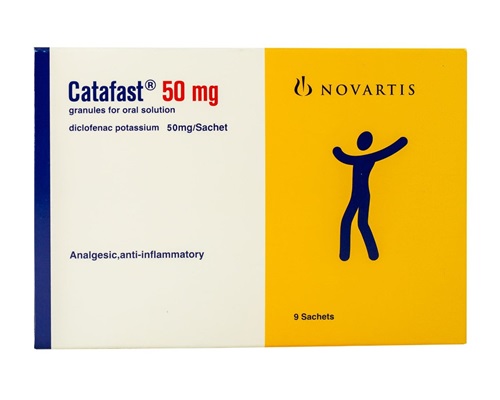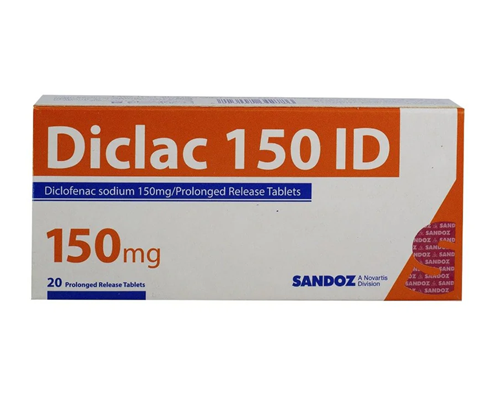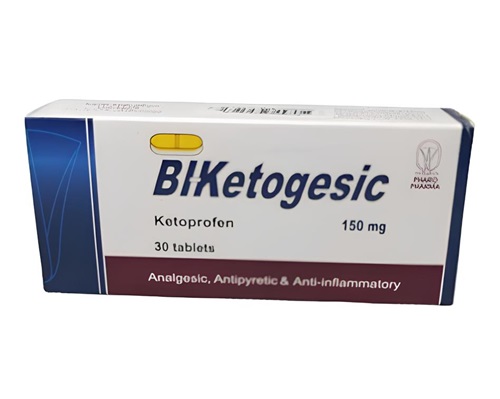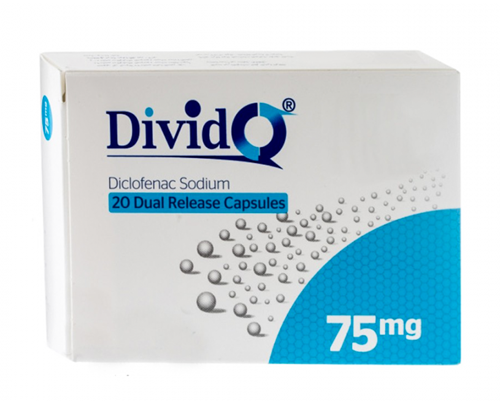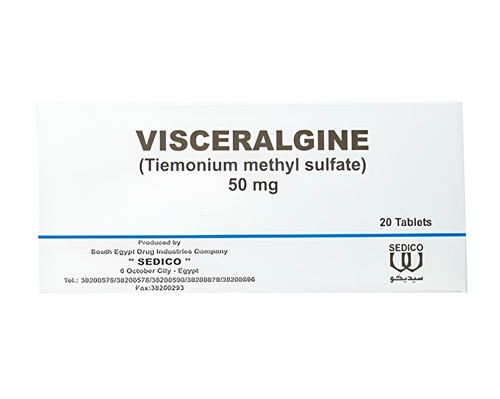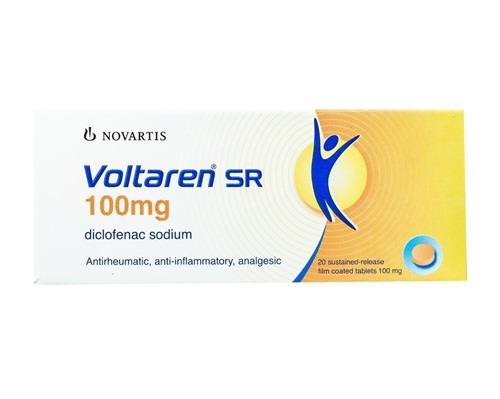Description
Trade name:
Catafast
Compound:
Each sachet contains:
Diclofenac 50 mg.
Auxiliary components:
Potassium hydrogen carbonate, mannitol, aspartame, sodium saccharin, sucrose, mint flavor.
Properties:
NSAID, a derivative of phenylacetic acid. It has a pronounced analgesic, anti-inflammatory and antipyretic effect. Due to the rapid onset of action, the use of potassium salt of diclofenac is preferable for the treatment of acute pain and inflammatory conditions.
The main mechanism of action of diclofenac is considered to be the inhibition of the synthesis of prostaglandins, which play an important role in the pathogenesis of inflammation, pain and fever.
In vitro, diclofenac potassium at concentrations equivalent to those achieved in patient treatment does not inhibit cartilage proteoglycan biosynthesis.
Diclofenac potassium has a pronounced analgesic effect in moderate and severe pain syndrome. In the presence of inflammation caused, for example, by trauma or surgery, it quickly eliminates both spontaneous pain and pain during movement, and also reduces inflammatory tissue swelling and swelling in the area of the surgical wound.
Clinical studies have shown that diclofenac potassium can reduce pain and blood loss in primary dysmenorrhea.
During migraine attacks, it reduces the severity of headaches and associated symptoms such as nausea and vomiting.
After oral administration, the therapeutic effect develops within 15-30 minutes, the effect lasts for 4-6 hours.
Indications:
For the short-term treatment of the following acute conditions: Post-traumatic pain, inflammation and swelling, e.g. following ligament damage; Post-operative pain, inflammation and swelling, e.g. following dental or orthopaedic surgery; Pain and/or inflammation accompanying gynecological diseases, e.g. primary dysmenorrhea or adnexitis; Headache, migraine attacks; Toothache; Pain syndromes from the spine; Muscle and joint pain; Neuralgia; Rheumatic diseases of extra-articular soft tissue; Proctitis; Renal colic; Biliary colic; As an adjuvant in infectious and inflammatory diseases of the ear, throat and nose, e.g. pharyngotonsillitis, otitis, accompanied by severe pain and inflammation.
Method of administration and dosage:
The optimal dosage regimen is determined by the doctor. It is necessary to strictly observe the compliance of the used dosage form of a specific drug with the indications for use and dosage regimen.
Inside.
In case of moderate symptoms, the daily dose is 50-100 mg (depending on the dosage form of the drug). The maximum daily dose should not exceed 150-200 mg.
The frequency of administration depends on the severity of the disease and is 2-3 times a day.
Contraindications:
Hypersensitivity (including to other NSAIDs); history of asthma attacks, urticaria or acute rhinitis caused by taking acetylsalicylic acid or other NSAIDs; gastric ulcer or ulcerative lesion of the intestine in the acute phase; ulcerative bleeding or perforation; inflammatory bowel diseases (Crohn’s disease, ulcerative colitis) in the acute phase; severe liver failure; active liver disease; severe renal failure (CC less than 30 ml/min); progressive kidney disease; confirmed hyperkalemia; severe heart failure; period after coronary artery bypass grafting; hematopoiesis disorders; various hemostatic disorders (including hemophilia); III trimester of pregnancy; lactation period; children under 14 years of age.
Precautions:
Particular caution should be exercised when using diclofenac potassium in patients receiving drugs that increase the risk of gastrointestinal bleeding: systemic corticosteroids, anticoagulants, antiplatelet agents or selective serotonin reuptake inhibitors.
If patients develop bleeding or ulceration of the gastrointestinal tract while taking diclofenac potassium, the drug should be discontinued.
To reduce the toxic effect on the gastrointestinal tract, diclofenac potassium should be prescribed in the minimum effective dose.
Side effects:
From the nervous system: often – headache, dizziness; rarely – drowsiness;
From the organ of hearing and labyrinthine disorders: often – vertigo; very rarely – hearing impairment, tinnitus.
From the digestive system: often – dry mouth, abdominal pain, nausea, vomiting, belching, heartburn, diarrhea, dyspepsia, flatulence, anorexia, increased activity of liver transferases in the blood serum; uncommon – decreased appetite, anorexia.
Storage method:
At a temperature not exceeding 30 degrees. In a dry place.

